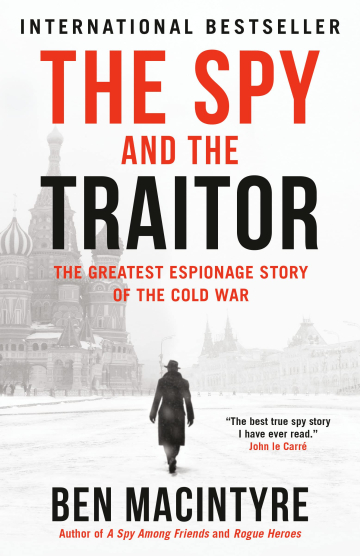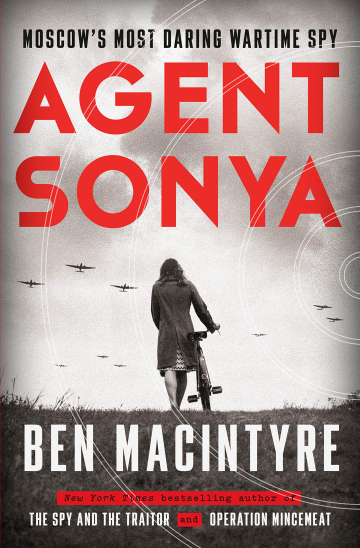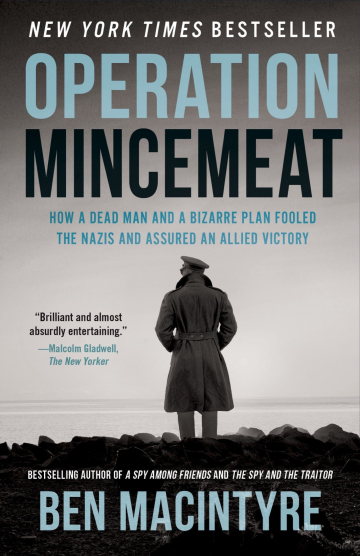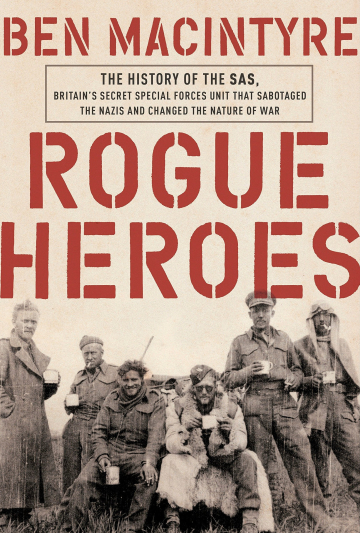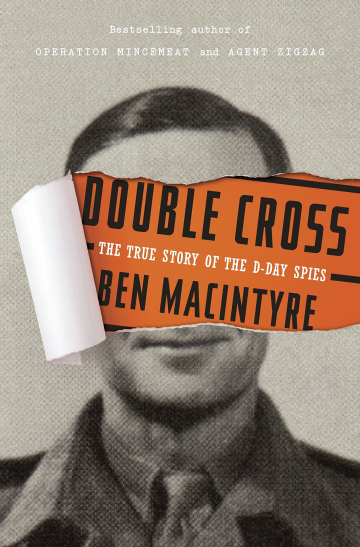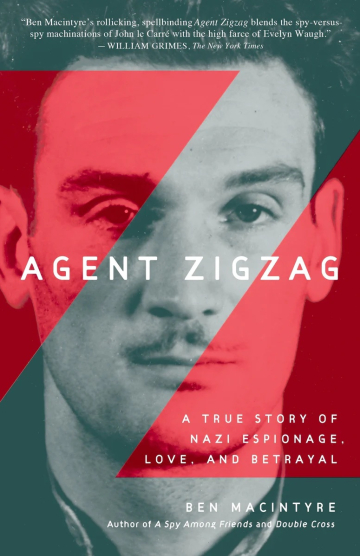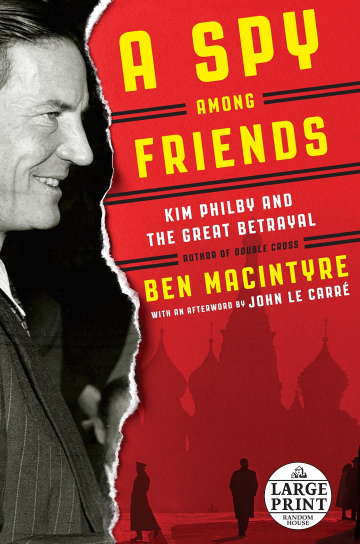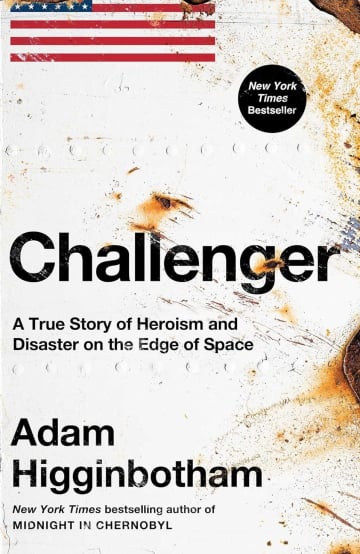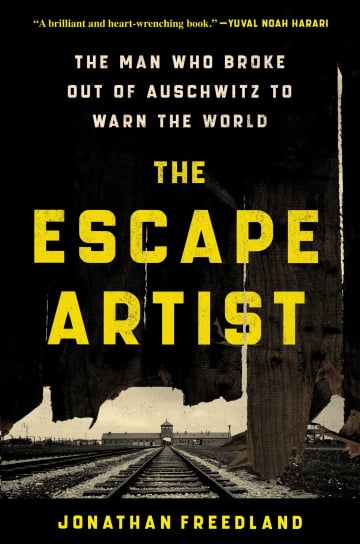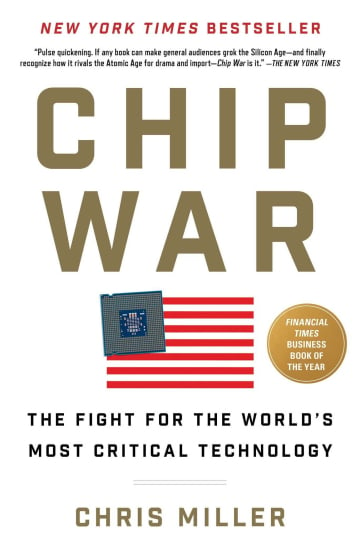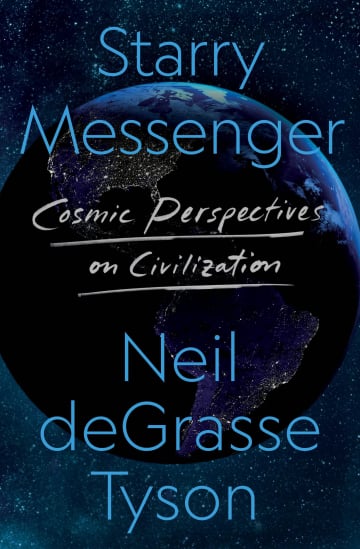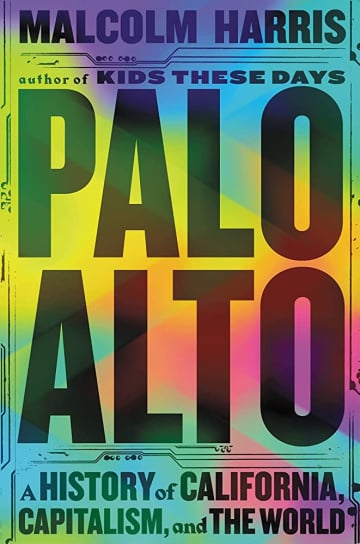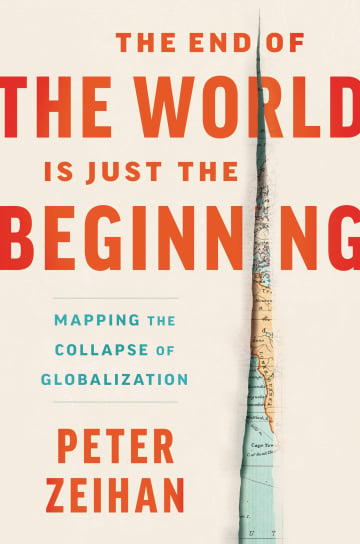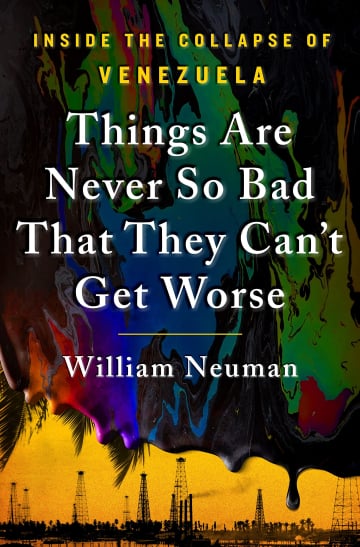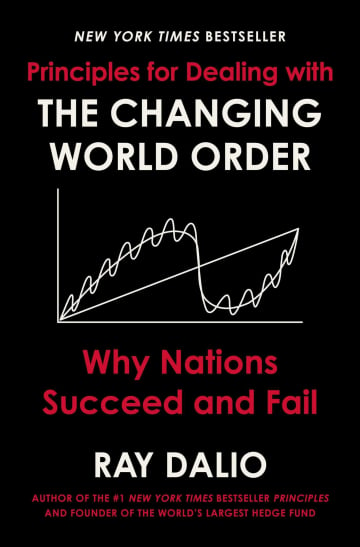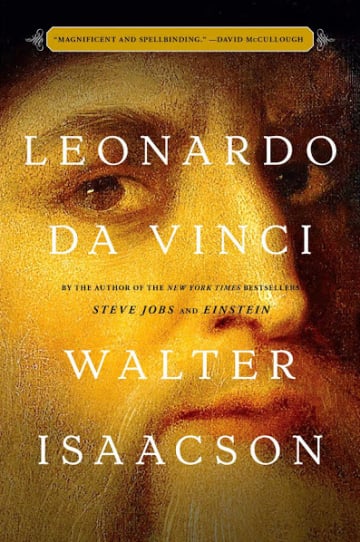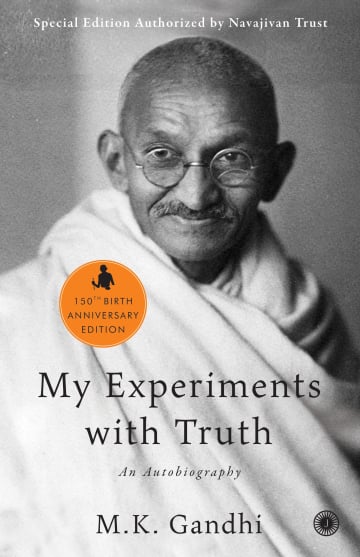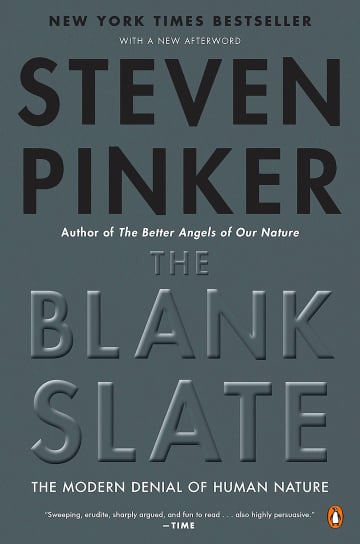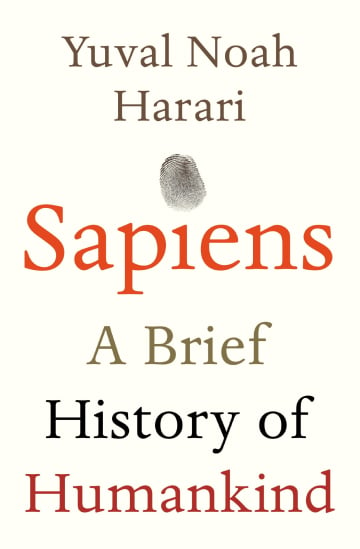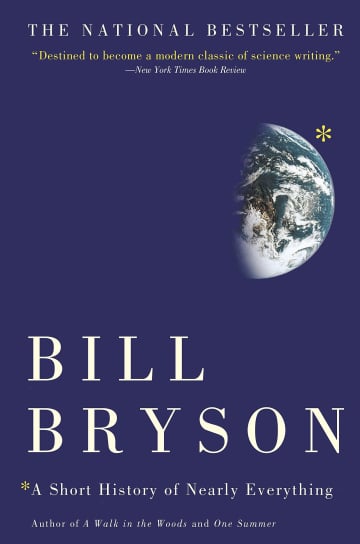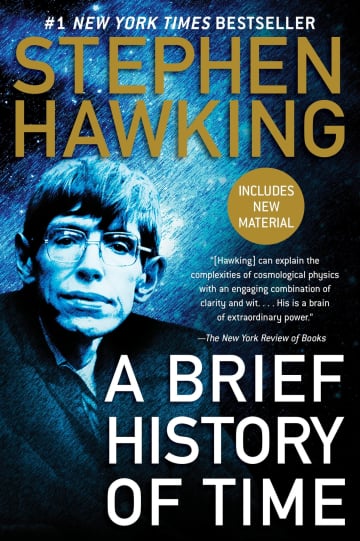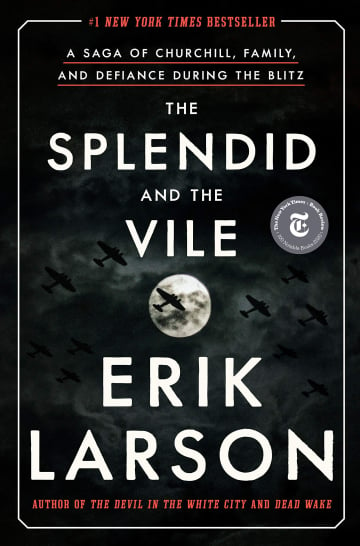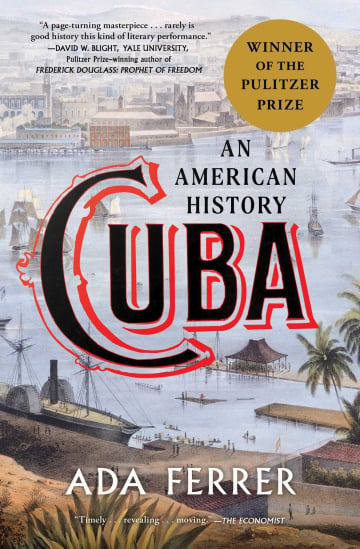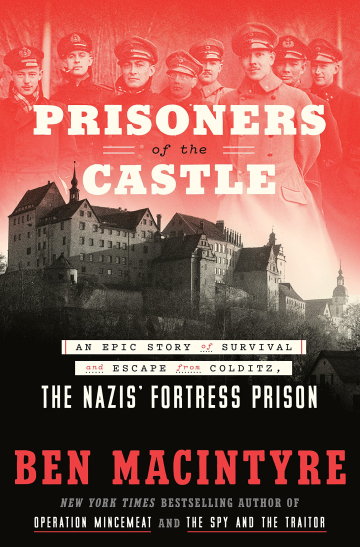
Prisoners of the Castle: An Epic Story of Survival and Escape from Colditz, the Nazis' Fortress Prison
⚡️ 12 Quotes from the book
“There were more attempted escapes from Colditz than any other camp. But life in Colditz was about more than escaping, just as its inmates were more complicated, and far more interesting, than the cardboard saints depicted in popular culture.”
“The inside story of Colditz is a tale of the indomitable human spirit, and much else besides: bullying, espionage, boredom, insanity, tragedy, and farce.”
“Removing troublemakers might make the other prison camps easier to manage, but Eggers the schoolmaster was acutely aware that if you put all the naughtiest boys in one class they pool their resistance, egg one another on, and soon your classroom is on fire.”
“More than 1.8 million Frenchmen were made captive during the Battle of France between May and June 1940, around 10 percent of the entire adult male population.”
“German military thinking tended toward absolutes: total war, total victory, and, in this case, a prison camp that was totally escape-proof.”
“This was a barbaric war, but the provision of food, letters, books, sporting equipment, medicine, and clothing to POWs, on both sides, was a beacon of civilized behavior amid the carnage, insufficiently celebrated and of inestimable value.”
“In the intimate confines of Colditz, that enemy was becoming ever more familiar. On a battlefield, the foe is anonymous. In a prison, he has a face, a name, and a personality.”
“Anyone who has not experienced imprisonment might imagine that inactivity and lack of responsibility are also, in contrast to war itself, relaxing. The reverse is closer to the truth. Prisons are always places of intense nervous strain, and in Colditz, with its peculiar human mixture, men of action consigned to a life of inaction, the internal pressure was more acute than in any other camp.”
“The actor Desmond Llewelyn was a prisoner in the officers’ camp at Laufen, and doubtless handled some of these extraordinary escape gizmos; Llewelyn would go on to play “Q,” MI6’s irascible inventor, in seventeen James Bond films, a fictionalized version of Clutty himself.”
“Clubs were, and remain, a bizarre British preoccupation. Whenever three or more Englishmen are gathered together, a minimum of two will attempt to form a club from which the others are excluded.”
“After the war, former inmates tended to portray the Colditz prisoner community as a classless, cohesive band of brothers whose shared determination to escape somehow flattened out the distinctions and dissonances that divided the world outside. Exactly the reverse was true.”
“Starting in 2006, the castle was refurbished and remodeled, leading to the discovery of many more wartime artifacts, escape aids, and hiding places in the walls and roofs and under floors.”
Related videos
Publications
The Times: Colditz by Ben Macintyre review — starvation, snobbery and daring escapes
The Wall Street Journal: ‘Prisoners of the Castle’ Review: Escape From Colditz
The Washington Post: A tale of WWII derring-do that reveals the humanity of its heroes
Ask Albert:
Rate the book
⚡️ Discover Even More Bookish Wisdom
recommends
recommends

